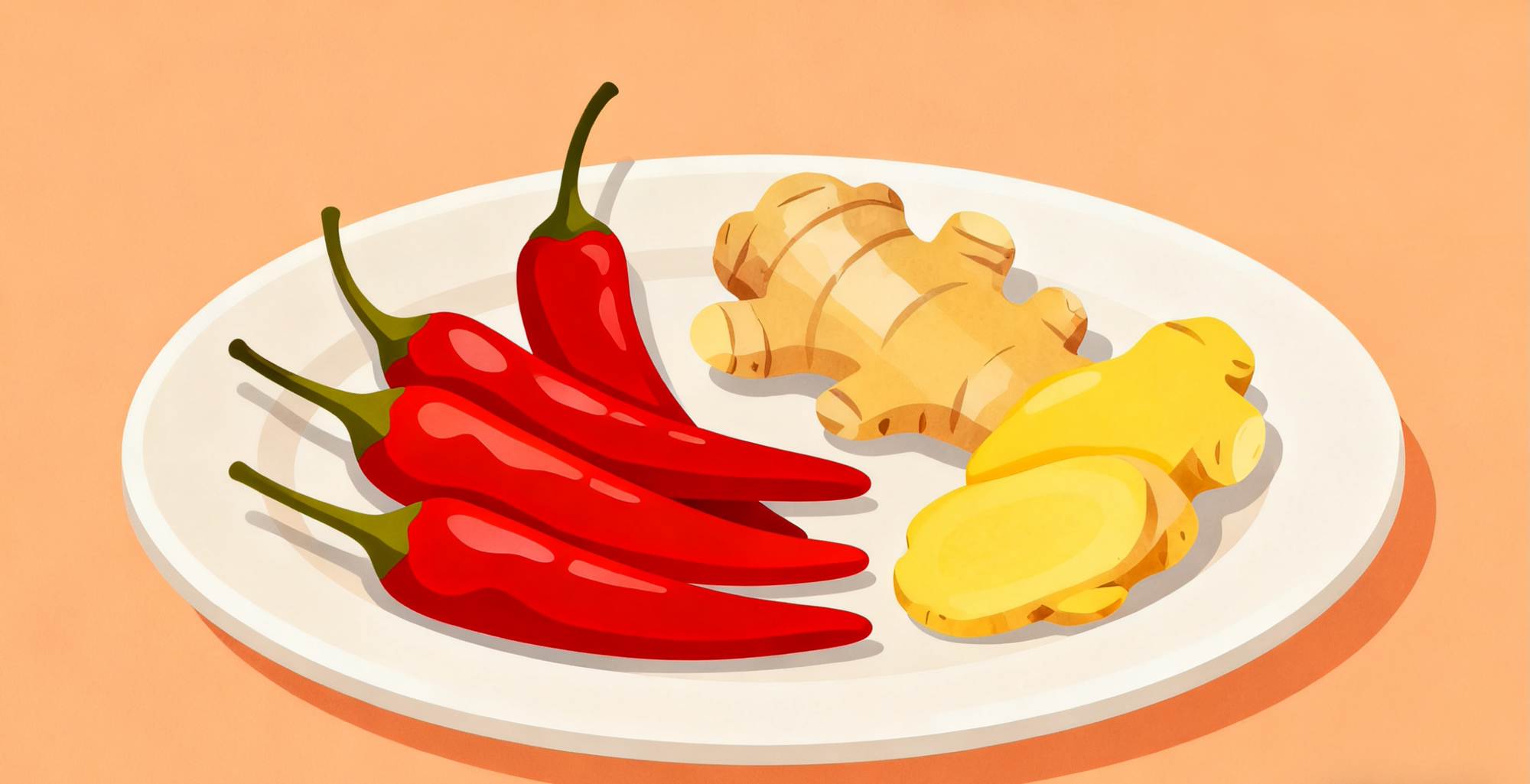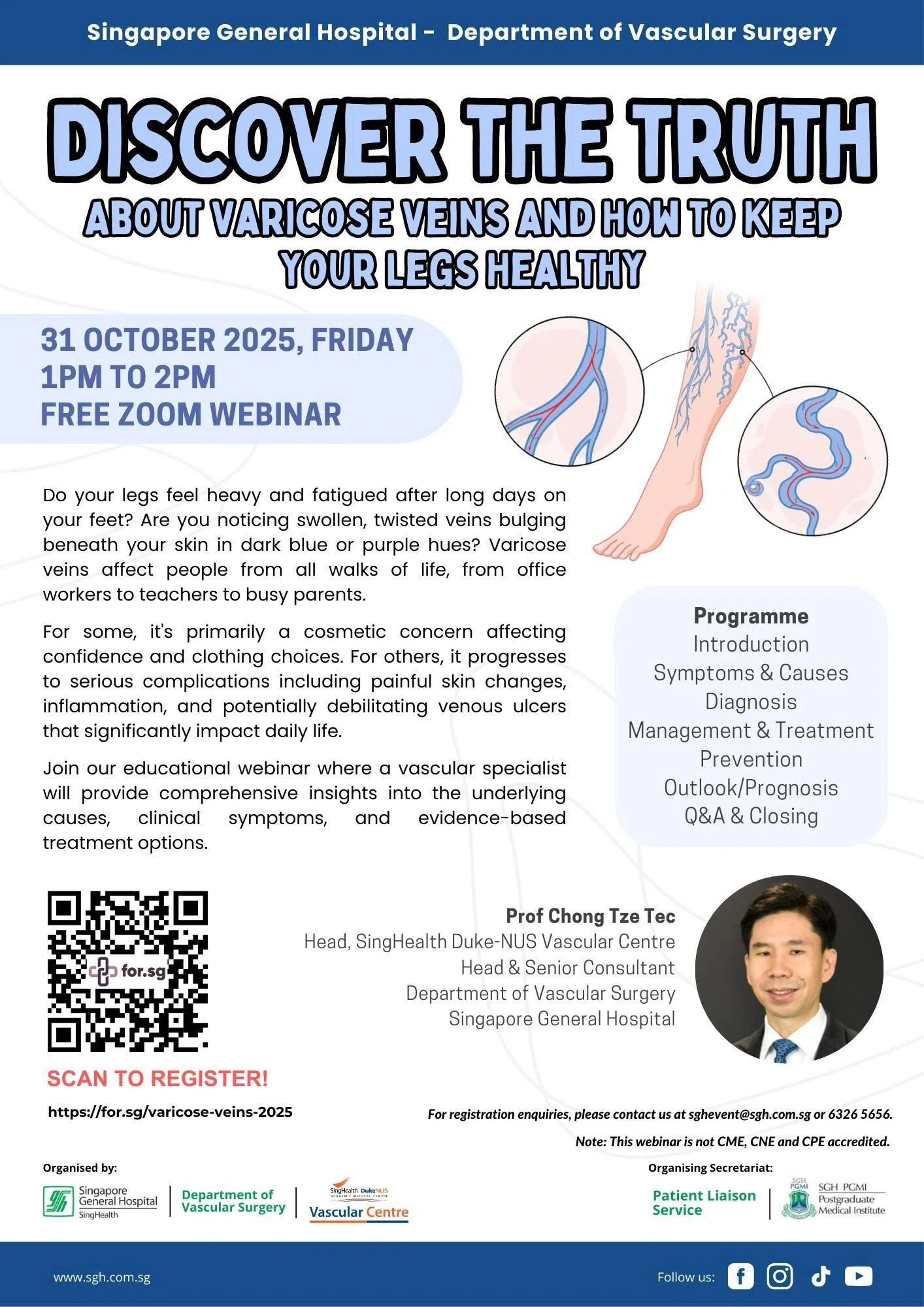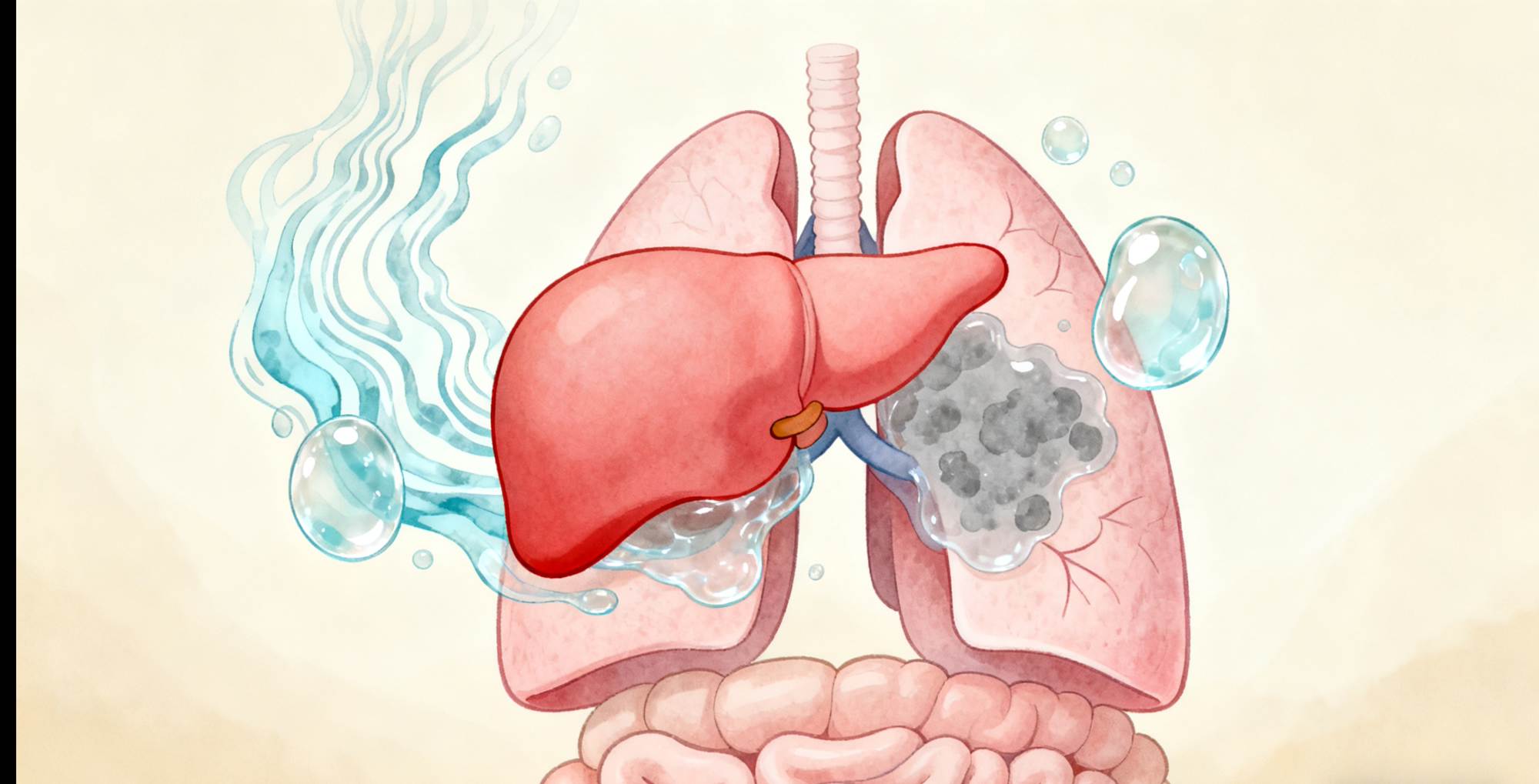There's a popular saying that "eating grapes causes phlegm." From a Traditional Chinese Medicine (TCM) perspective, is this true?
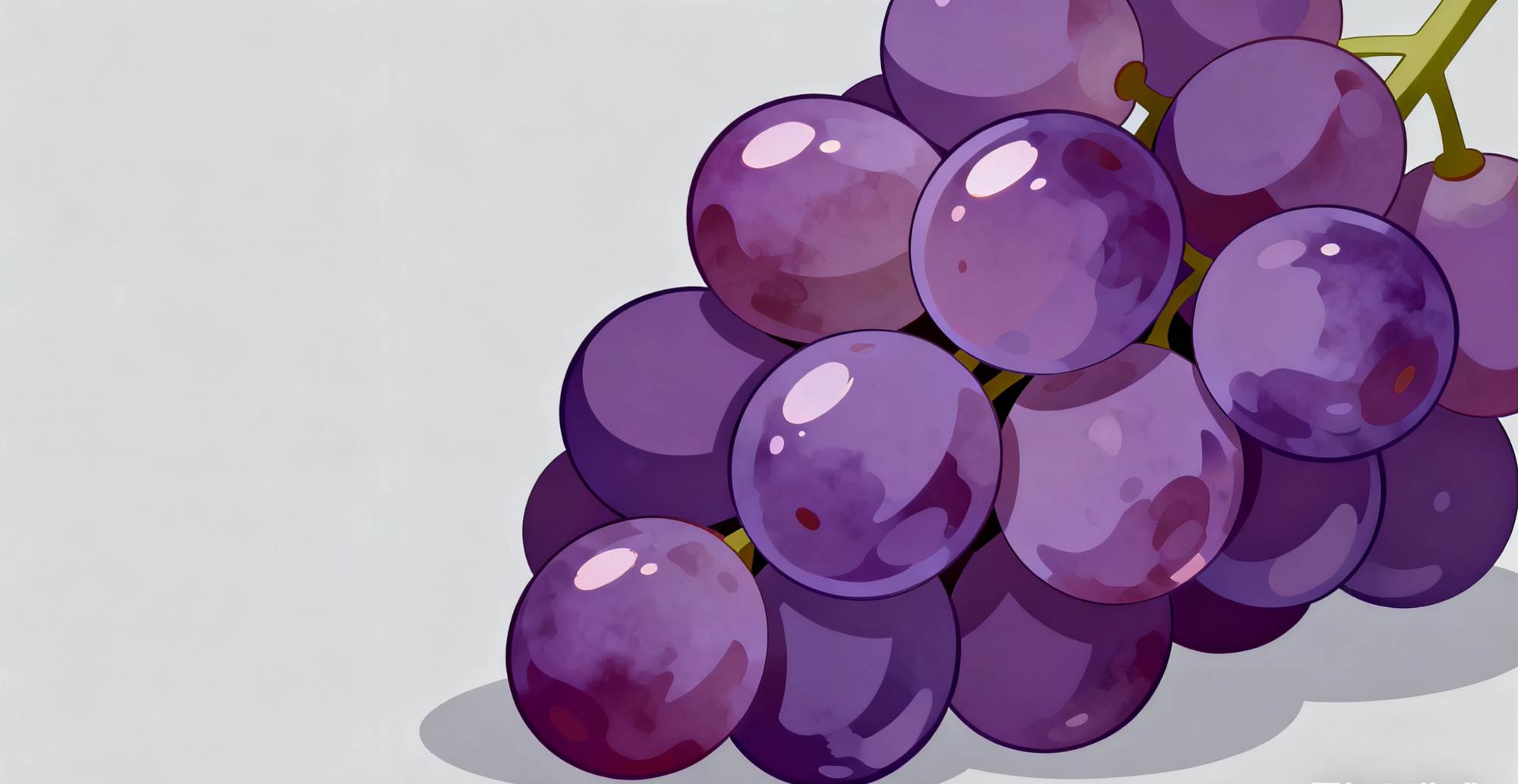
Dr. Chen Peijing points out that, from a TCM perspective, grapes are a neutral fruit with a sweet and sour nature. Those with weak spleen and stomach, phlegm-damp constitutions, and children who consume excessive amounts are indeed more likely to develop phlegm.
Common characteristics of a phlegm-damp constitution include: obesity, a preference for greasy, fried, and sweet foods, alcoholism, lack of exercise, bloating, indigestion, chest tightness, and shortness of breath.
Dr. Chen explains that grapes are high in sugar, and excessive consumption can irritate the respiratory tract, causing a sticky feeling in the throat, leading to symptoms like an itchy throat or a worsening cough.
Dr. Chen adds that in addition to grapes, the following foods are also likely to cause phlegm:
Cold and raw foods: such as soda, ice cream, and cold fruit juices.
These foods can damage the spleen and stomach's yang energy, disrupting their function and preventing them from effectively converting nutrients and water, leading to the accumulation of phlegm and dampness.
High-sugar and high-fat foods: These include sweet fruits (such as blueberries, bananas, oranges, and durian), pastries and desserts (such as cake, chocolate, and butter bread), fatty and greasy foods (such as fatty meats, animal offal, fish, and shrimp), and dairy products (such as milk, cheese, yogurt, and milk tea). The sticky texture of these foods can overburden the spleen and stomach, hindering digestion and absorption, leading to internal dampness and increased phlegm.
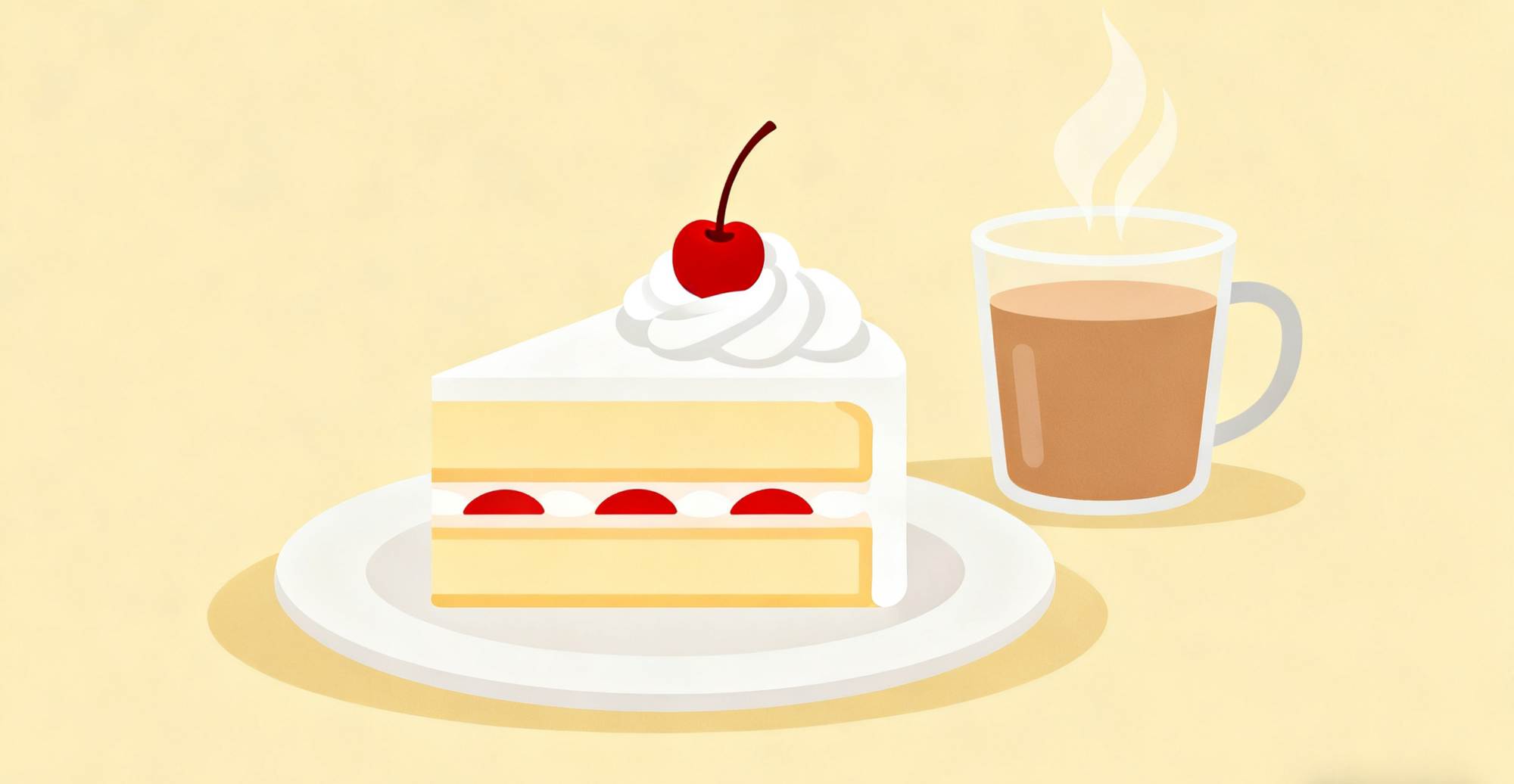
Warm and spicy foods: These include fried foods (such as French fries, fried chicken, and barbecue), spicy foods (such as chili peppers, curry, and spicy dishes), and snacks and processed foods (such as biscuits and potato chips).
Physician Chen points out that these foods can easily inflame stomach fire, burning body fluids and producing thick phlegm. They also contribute to heat and inflammation, exacerbating sore throat and sticky discomfort.
